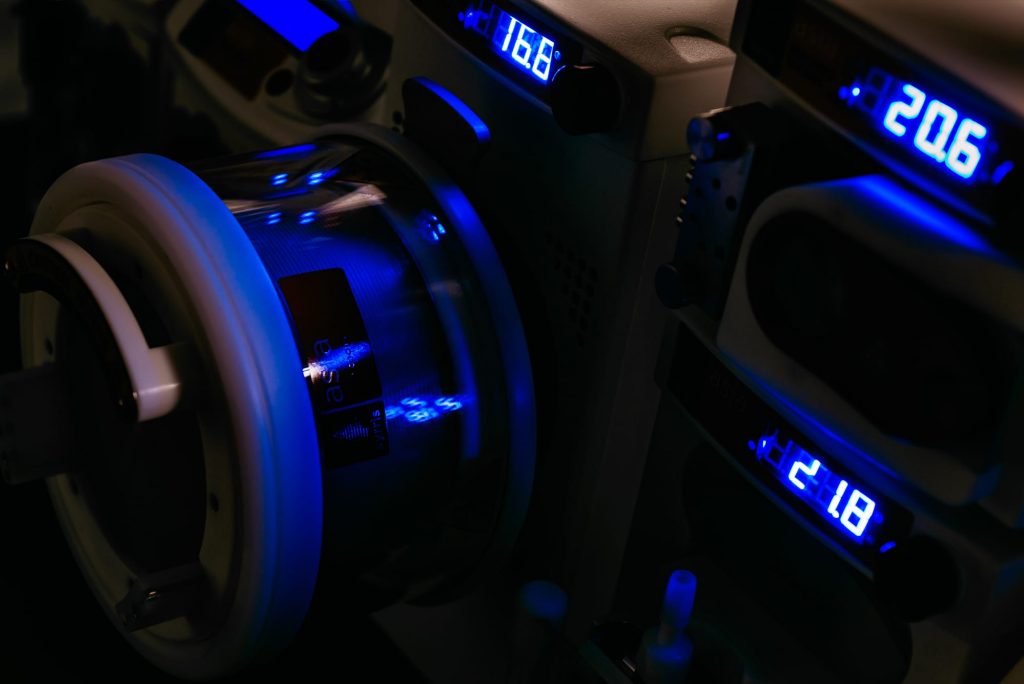The use of flow chemistry systems in virus kill studies
Academic research paper: Evaluation of Microfluidics Reactor Technology on the Kinetics of Virus Inactivation – Biotechnology and Bioengineering
Mark R. Bailey, Dayue Chen, Warren R. Emery, Peter K. Lambooy, Juliana Nolting, Michelle T. Quertinmont, Parviz A. Shamluo Bioprocess Research and Development, Lilly Research Labs, Eli Lilly & Co, Indianapolis, Indiana, USA
http://www3.interscience.wiley.com/cgi-bin/abstract/117346249
In this paper, the Africa system (now replaced by the Asia system) is used to evaluate the impact of temperature on the kinetics of virus inactivation and protein product degradation in the manufacture of therapeutic proteins.
-
-
- “…exceptionally well-defined and uniform inactivation (reaction) conditions”
- “…ideal for evaluation of kinetics of temperature sensitive fast reactions including conditions that define virus heat inactivation”
- “…it is possible to reduce the scale of the equipment significantly”
- “…The whole system is controlled via a user-friendly Reaction Manager Software and Windows-driven PC.”
-
Virus kill keywords:
-
-
- Microchannel reactors
- Heat inactivation
- Virus inactivation
- Therapeutic proteins
-
Abstract:
Mammalian cell lines constitute an important part in the manufacture of therapeutic proteins. However, their susceptibility to virus contamination is a potential risk to patient safety and productivity and has led to the development of a repertoire of virus inactivation techniques. From a process development viewpoint, the challenge is to demonstrate the required log reduction in virus content without a significant loss in product titer or quality. The balance between the two is dictated by the kinetics of virus inactivation and protein degradation, both of which are critically affected by process parameters. In this study, we describe a commercially available microchannel reactor and demonstrate how it can be used to evaluate the impact of temperature on the kinetics of virus inactivation and protein product degradation. Virus spiking experiments are reported using Xenotropic Murine Leukemia Virus and REOvirus, into buffers in the absence and presence of a therapeutic protein currently under development at Lilly. The results demonstrate that the microchannel reactor is an ideal platform for evaluation of fast reactive systems and reactions that are particularly sensitive to small changes to process conditions. These conditions include heat inactivation of a virus in a mammalian cell culture process stream.
Click here to find out more about the Asia Flow Chemistry System.

Author: Syrris
Category: Applications